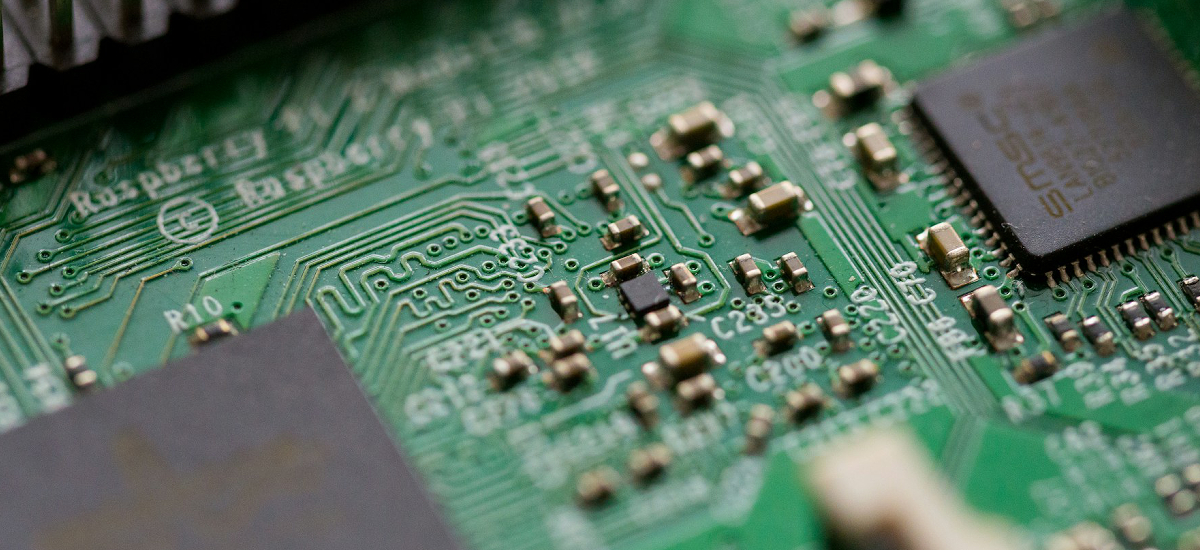
 Your Credit Estimate
Your Credit Estimate
 Your Credit
Your Credit
Your zip code helps us provide you with the most accurate vehicle pricing and vehicle availability.
We estimate your credit score to give you an idea of your monthly payments. To get an accurate payment amount, complete our credit application by clicking the Start Credit Application button below.
start credit application
As the auto industry continues to change and evolve, so will the demand for resources used to make them. Hard steel and plastic used to be the major players in producing automobiles, and in many ways, they still are, but some automakers are turning towards more sustainable materials, such as Kia using sustainable materials to produce the EV4 and EV3, continuing a trend it started with the EV9. Becoming less machine and more like a computer, modern vehicles also use a lot of software to bring more modern technology into vehicles – soon, the software-defined vehicles the Hyundai Motor Group spoke of in 2022 didn’t seem too far-fetched. Even more than any of that, the call for semiconductor tech and microchips continues to grow as more and more automakers turn towards battery-electric vehicles (BEVs) as the future of their company.
When the COVID-19 pandemic had people locked up in their homes for weeks or months at a time in 2020-2021, many people found themselves with a lot more free time. The best way to combat free time? Aside from reading a book or binge-watching a favorite show, a lot of people turned to their smartphones, video game consoles, and many other electronic consumer products. Many if not all of these rely on semiconductor chips. During the pandemic, many automakers shut down facilities or changed gears and produced health and safety products to help the world and health professionals stay safe. Like supply and demand, the demand for semiconductor chips in automobiles dropped, whereas consumer product demand skyrocketed, and the suppliers signed new contracts to keep the business afloat.
Then, in 2021, the semiconductor chip shortage rocked the auto industry. Suddenly, automakers were starting to start production again, and many of them couldn’t get their hands on the semiconductor chips they needed. There were reports of automakers not being able to add new features, produce BEV concepts, or even complete a production line of certain models due to the shortage. It may sound crazy that a semiconductor chip shortage would affect the auto industry so much, but according to the Semiconductor Industry Association, modern vehicles have between 1,000 and 3,500 microchips running things. With all of the new advanced safety features, infotainment systems, and virtual assistants popping up, it’s no wonder.
The shortage caused a lot of arguments between semiconductor suppliers and automakers, and many automobile groups like Stellantis needed to step up and form partnerships with other third parties to secure semiconductor chip production, like the partnership between Stellantis and Hon Hai technology Group. It took two years for things to level out, but in 2023, automakers and suppliers accounted for 17 percent of all global microchip sales that year. Automakers could rejoice, finally able to get back to business. However, there was a new player on the horizon.
Many automakers are turning towards newer semiconductor technologies that can be very beneficial for the growing lineup of BEVs in the industry. As more vehicles become electrified and introduce more software, the more power they’ll need to run everything. Plus, automakers are battling it out over who can make the most powerful BEV with the longest range like never before. It’s why many automakers have been trying to secure their own supply of new silicon carbide microchips. Believed to reduce charging times and even increase the all-electric range (AER) of a BEV (so far, a report of six percent), new BEVs powered by silicon carbide chips could be the next step in the industry. It would also help reallocate more resources to automakers once chip manufacturers join the game and start developing silicon carbide chips in favor of semiconductor chips.
Crazy how quickly technology advances these days. The technology in our phones made it to our cars, then smart speakers integration happened, and soon, consumers will be able to take their whole digital lives with them on the road. Software-defined vehicles (SDVs) may be the future after all. If you want to keep up with all the cool car tech coming to the auto market, be sure to follow us on NowCar social media for more.